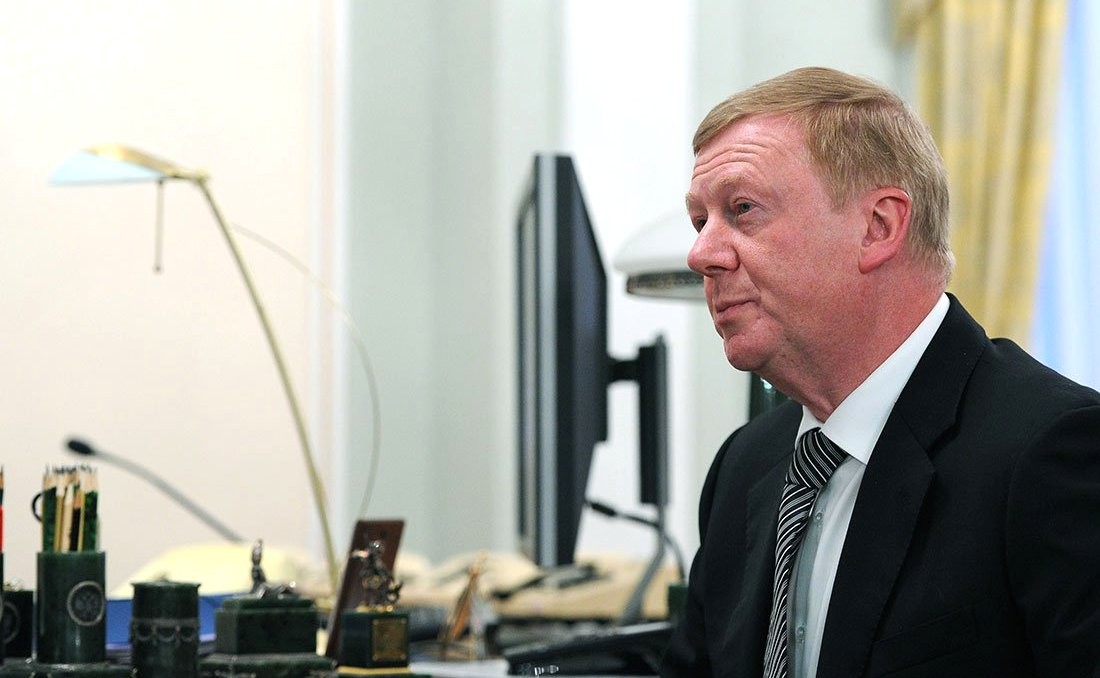
Outrage as architect of 1990s privatization bemoans lack of ‘gratitude’
What happened
The topic of 1990s privatization can lead to violent disputes in Russia even thirty years later. This week, there was heated debate about a speech given by the architect of privatization, Anatoly Chubais, in which he said that Russian society should be grateful to Russian businessmen, and not refer to them, derogatively, as “oligarchs”.
- At a conference in Moscow over the weekend, Chubais told the audience that: “In twenty years, society hasn’t thought even once to say thank you to business for everything it did: it built up the country, restored collapsing Soviet enterprises, returned salaries to people, filled the state coffers with money… This was all carried out by the same people that society refers to as oligarchs.”
- The subsequent outrage was expressed most succinctly by journalist Ekaterina Vinokurova in a Facebook post: while the country was suffering, she wrote, the oligarchs and their patron, Chubais were “eating caviar.” In the 1990s, Chubais was the main architect of Russian economic reforms and he was responsible for a program of privatization that led to the unfair distribution of the country’s wealth.
- In 1992, all Russia’s 146 million citizens received a voucher with the right to buy shares in companies up for privatization. But most people, having never lived in a market economy, sold their vouchers to re-sellers or handed them over to frauds.
- The best assets were privatized in 1995. Oligarchs bought oil and metals companies at discounted prices in exchange for loans to the government, which were issued by the Ministry of Finance. For example, Vladimir Potanin paid $170 million for Norilsk Nickel, which is now valued at $31 billion. The goal was to guarantee the support of the oligarchs for Boris Yeltsin in the 1996 presidential election.
- The nature of the privatization of the 1990s is one of the reasons why Russia has one of the highest rates of unequal income distribution in Europe. In the 18 years that Vladimir Putin has run the country, this inequality has only increased.
- Chubais has said that some unfairness was unavoidable in the privatization process, but that the primary goal was always to create private property and destroy communism.
- In the 1990s, Chubais was the butt of many complaints and criticisms, both from the opposition and the government. The phrase, “Chubais is to blame for everything”, attributed to Boris Yeltsin, became one of the country’s most popular political memes in the late 1990s. Under Putin, Chubais has run several state-owned companies.
Why the world should care
The reaction to Chubais’ words is a vivid reminder of the still fresh wounds from the unfair sell-off of state assets in the 1990s and the extent of economic inequality in Russia today.






